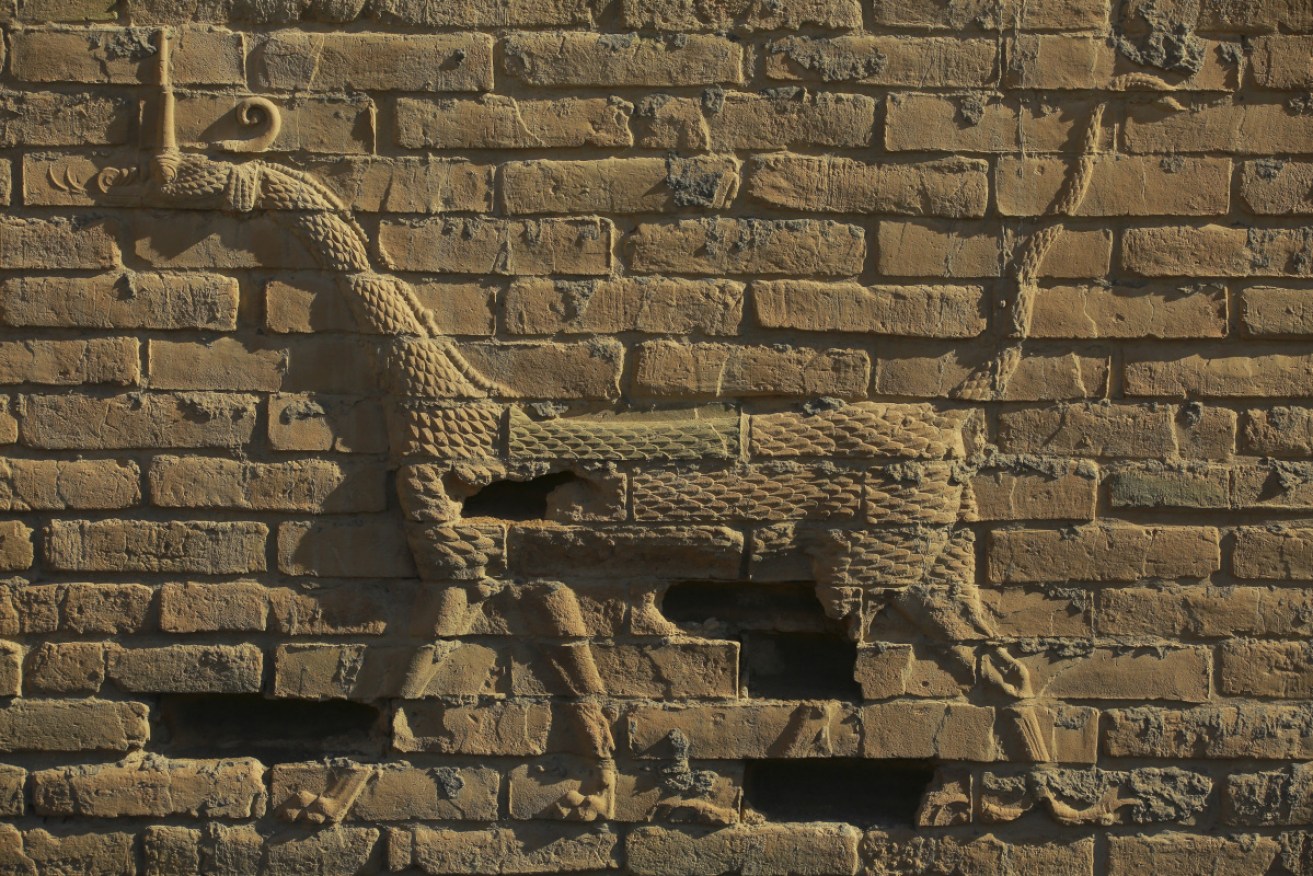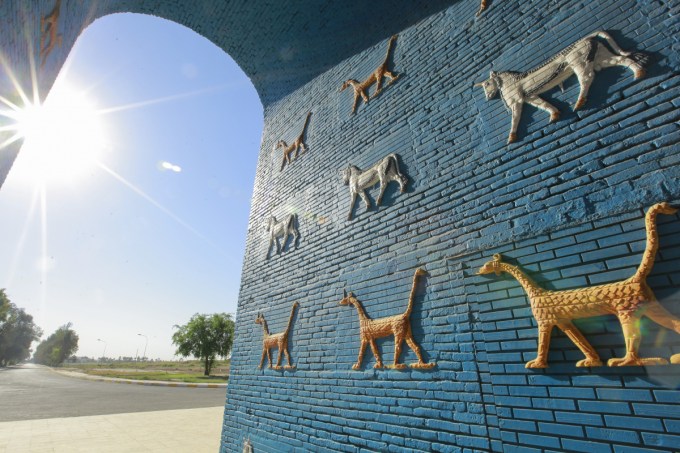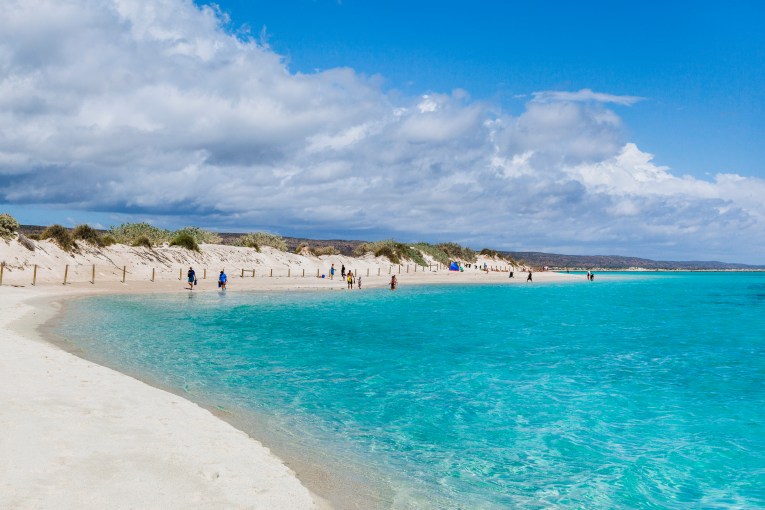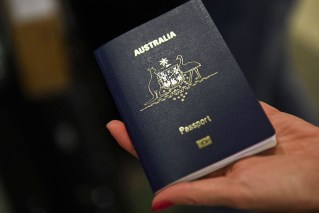Inside Babylon: Ancient city now a world heritage site

The Babylonian dragon, known as 'Mushussu' on the rebuilt walls of Babylon. Photo: Getty
The ancient city of Babylon has been designated a UNESCO World Heritage Site after a vote that followed decades of lobbying by Iraq.
The vote at a UNESCO World Heritage Committee meeting in Azerbaijan’s capital Baku on Friday made the ancient Mesopotamian city on the Euphrates River Iraq’s sixth world heritage site.
Iraqi President Barham Salih said the city, now an archaeological ruin, was returned to its “rightful place” in history after years of neglect by previous leaders.
Prime Minister Adel Abdul Mahdi also welcomed the news.
“Mesopotamia is truly the pillar of humanity’s memory and the cradle of civilisation in recorded history,” he said.
The government said it would allocate funds to maintain and boost conservation efforts.
Babylon, about 85km south of Baghdad, was once the centre of a sprawling empire, renowned for its towers and mudbrick temples.
Its hanging gardens were one of the seven ancient wonders of the world, commissioned by King Nebuchadnezzar II.
Visitors can stroll through the remnants of the brick and clay structures which stretch across 10 square kilometres, and see the famed Lion of Babylon statue, as well as large portions of the original Ishtar Gate.
As the sun began to set on the crumbling ruins, activists and residents flocked to the replica Ishtar gate at the site’s entrance to celebrate what they called a historic moment.
Tour guide Makki Mohammad Farhoud, 53, said the designation would allow for further exploration and research.
“Babylon is the blood that runs through my veins, I love it more than I love my children,” he said.

















